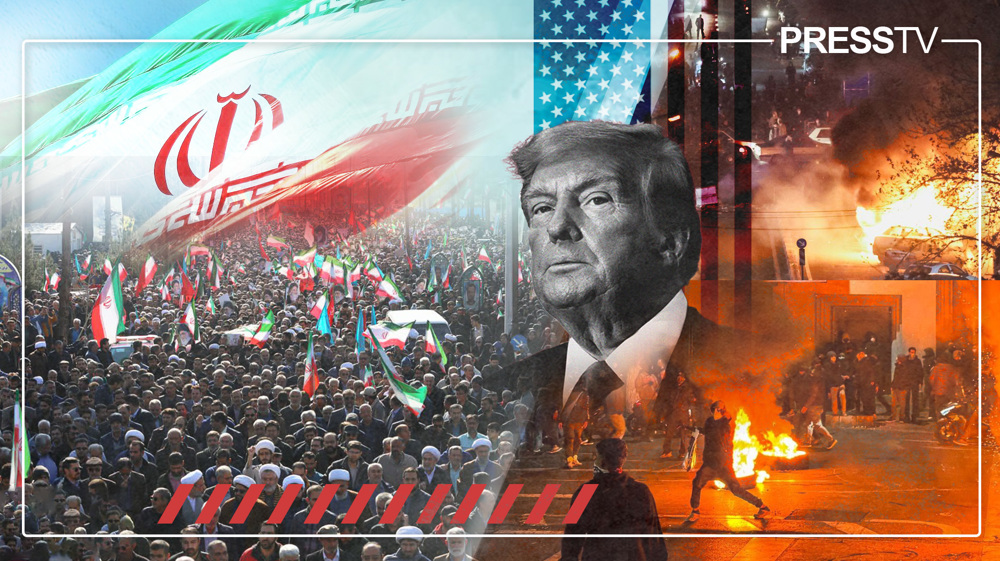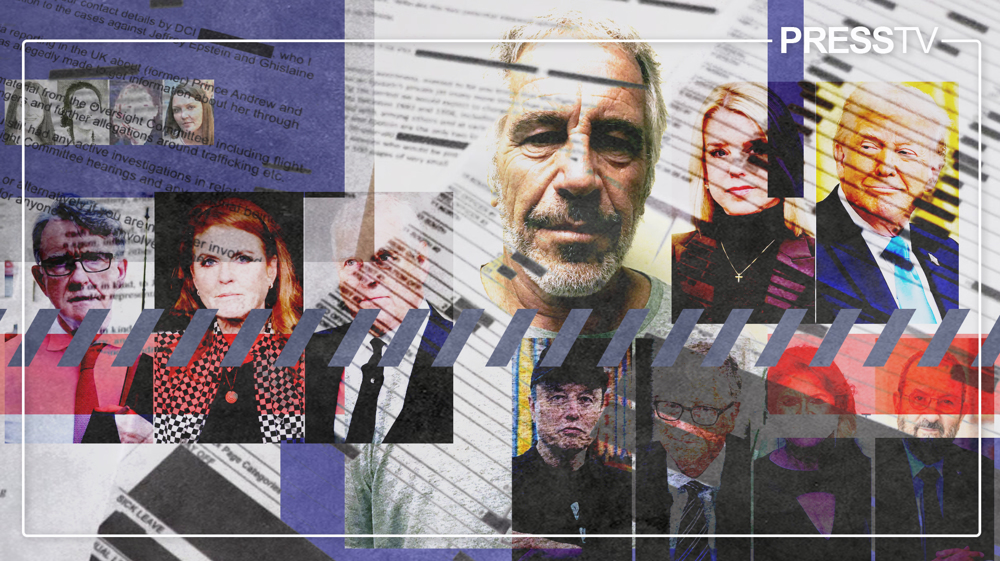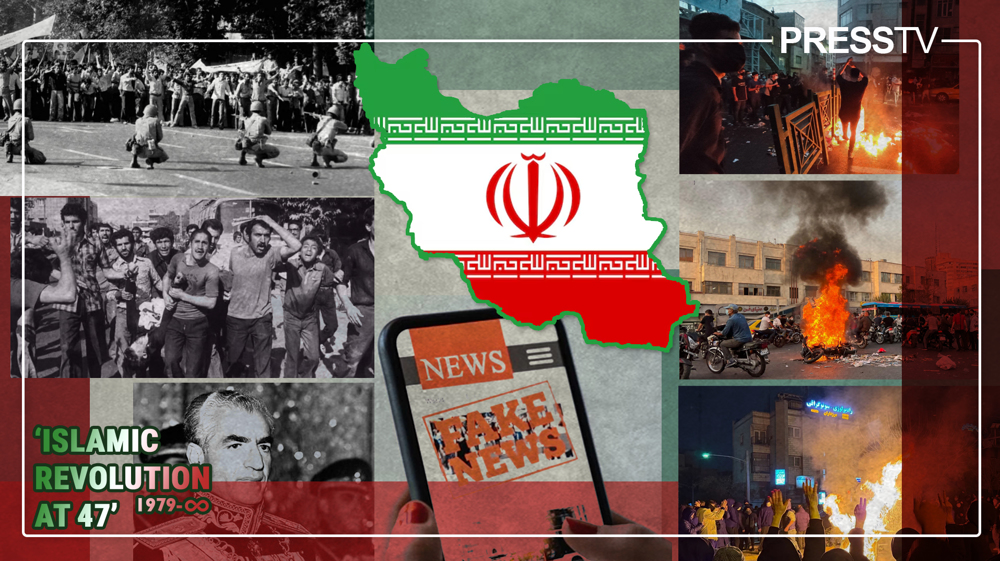Is Israel about to launch another war against Gaza or even Lebanon?
By Robert Inlakesh
Robert Inlakesh is a journalist, writer, and political analyst, who has lived in and reported from the occupied Palestinian West Bank. He has written for publications such as Mint Press, Mondoweiss, MEMO, and various other outlets. He specializes in the analysis of the Middle East, in particular Palestine-Israel. He also works for Press TV as a European correspondent.
New polls conducted by Israeli media suggest Israeli Prime Minister Benjamin Netanyahu’s support is at an all-time low, with Israeli news outlet ‘Maariv’ finding that 54% of Israelis want Netanyahu to step down. So will it soon be an opportune time for Netanyahu to attack Gaza or Lebanon in a bid to regain public support?
Fears were re-ignited on the 5th of October after Israel bombarded the Gaza Strip following reported rocket fire from Gaza. As Israel has been holding back from implementing some of the agreements, according to Hamas, to an earlier negotiated truce, threats came from the resistance in Gaza to ignite a war in order to end the illegally imposed Siege by Israel. The ceasefire truce, which has currently held, with two flare-ups in between, was done from Qatar as a mediator and was intended to ease the deteriorating humanitarian crisis in Gaza, through the administration of funds and opening of projects inside of the besieged coastal enclave.
How did the situation get to where it is today in Gaza?
On the 11th of August, earlier this year, Israel launched a 19-day-long campaign of smaller-scale attacks against the Gaza Strip. By the 13th of August Israel had closed Gaza’s fishing waters and sole humanitarian aid crossing, creating a situation in Gaza where much of the population were experiencing 36hr blackouts. The hospitals, sewerage facilities were also becoming heavily affected by the lack of power, and Gaza, already declared by experts at the UN as inhabitable, was at a breaking point.
The escalation was started by Israel, which changed its rules of engagement with Gaza and began to punish the act of sending flaming balloons over the separation fence into Israeli occupied lands, with airstrikes. The campaign, led by young Palestinians, was re-initiated after the Hamas government yet again turned a blind eye to the tactic in order to pressure Israel to allow for more humanitarian aid and an easing of the siege.
The situation, instead of instantly resulting in Israel rationally meeting only a fraction of what it is legally obligated to do as an occupying power, escalated into airstrikes destroying primarily agricultural areas in Gaza.
As the escalation developed, Hamas and Islamic Jihad - the two predominant armed groups in Gaza - decided to also change their rules of engagement and to meet fire with fire. The Gazan resistance began to respond to every single Israeli attack, surprising Israel with the development of their firepower. Israel backed off further, in terms of the sites it committed to hitting, even withdrawing from confronting fishermen with its warships for fear of Hamas strikes on their attack boats. As the situation began to intensify, it seemed as if Israel was scared to enter into a fully-blown military confrontation and so instead of initiating war, were working with the mediator Qatar in order to negotiate terms for a ceasefire.
Just when things seemed to be at a boiling point, Covid-19 suddenly broke out inside of the Gaza Strip, leading to lockdowns and massive precautions being taken. Soon after a ceasefire truce was agreed to. However Israel, according to Hamas, isn’t allowing the sufficient easing of the siege which was agreed upon and so stated that if Israel doesn’t hold up its side of the bargain, Hamas will escalate again, and allowing balloons to be flown and will fire rockets in response to Israeli aggression.
Still the danger of war, not only with Gaza
Negotiations have now led to an agreed 100 million in funds from Qatar to be sent to Gaza, in order to help maintain both the ongoing truce agreement and also ease the suffering of Gaza’s population of two million living under siege.
However, despite the situation currently looking to be taking a turn for the better, there are three key factors in Israel-Palestine politics which could dramatically change this.
Firstly is the ongoing case of 49-year-old Palestinian political prisoner, Maher al-Akhras, who is a father of six and is, according to Israeli human rights organization B’Tselem, on the verge of death. Al-Akhras has been held in administrative detention, without charge, since July and has currently spent 82 days on a hunger strike. Despite the fact that there is no criminal offense that Israel is holding Maher al-Akhras for, they refuse to release him, even as his health deteriorates by the day. Resistance groups inside of the Gaza Strip have announced in response to this, that if Israel allows Maher Al-Akhras to die, they will retaliate. Palestinian Islamic Jihad’s Saraya al-Quds (Al-Quds Brigades), an armed wing, has announced that the death of the political prisoner will result in a declaration of war. This has again ignited the possibility of a large escalation, as other resistance factions in Gaza have also stood behind this statement.
The second issue to consider is the development of Palestinian Unity. Palestinian political factions, including the two most prominent Party’s Fatah and Hamas, have vowed to follow a joint comprehensive plan of action to combat normalization, annexation, and the Israeli-US assault on the Palestinian cause. This issue is important to mention, as many analysts believe that one of the reasons Israel pursued the strategy of war against Gaza in 2014, was for this very reason. In 2014 and on previous occasions, the Fatah led Palestinian Authority in the West Bank has backed away from unity and disassociated themselves from Hamas, due to their violent methods of resistance in the Gaza Strip. It is not clear whether an Israeli offensive would work this time, to achieve that objective, however, it is something to factor into our analysis of the situation in Palestine.
The third issue to factor into this, is the ongoing anti-Netanyahu protests, which have drawn crowds in the tens of thousands, throughout Israel, despite lockdown restriction being in place to stop them. Last week alone saw between 130,000 to 150,000 protesters pack the streets in total, according to Israeli media estimates. The protest movement has been one that has been ongoing for years now but has picked up this year, especially since the escalation of the COVID-19 crisis. Many of Netanyahu’s Mizrahi (Middle Eastern Jewish) base has turned on him, as the fallout from the economic crisis has hit their community hard. On top of this, the Ultra-Orthodox population, which makes up 12% of Israel’s Jewish population, have been the hardest hit by the COVID-19 crisis, igniting historic tensions between them and the rest of the Jewish population.
With Benjamin Netanyahu still facing corruption charges, having to currently share the later portion of his position as Prime Minister with rival Benny Gantz (current Minister of War), he is in a dangerous position. Despite having approved more illegal settlements in the West Bank, upping home demolitions of Palestinians in East Jerusalem (al-Quds), bring the US to recognize Jerusalem (al-Quds) as well as the Syrian Golan Heights as belonging solely to Israel and of course signing normalization agreements with Arab Regimes, Netanyahu’s approval rating has significantly dropped. The drop in his approval rating has never been starker, with Israeli news outlet ‘Maariv’ finding that 54% of Israelis want him removed as Prime Minister and to quit political life. The same polling data shows that only 34% of Israelis approve of him staying in power. Even amongst the ultra-right-wing base, he draws from, Netanyahu is losing support.
The most concerning part of Netanyahu’s fall from grace is how he may attempt to bring the public back to his side. One thing that will undoubtedly bring everyone into line and something that has united Israeli Jews has been during times of war, which will focus their hate on the Palestinians of Gaza or the Lebanese, depending upon Israel’s target. Both fronts, to the south (Gaza) and to the north (Lebanon), are currently hostile for Israel and both Hezbollah in Lebanon and the Palestinian resistance in Gaza are seemingly readying for offensive action. Also, any military pitfalls could be easily shrugged off by a politician like Netanyahu and blamed on the current minister of war Benny Gantz, who is set to be the next Prime Minister of Israel.
On top of all this, the US Presidential elections are on the horizon giving an ample opportunity for Israel to hide its offensive actions, behind the headlines coming out of the US. Benjamin Netanyahu has historically, in the case of Obama’s elections in order to launch attacks and escalate with Hamas inside of the Gaza Strip.
Much of what has been said above is speculation, however, this is speculation based upon what we have seen occur in the past. Judging by Netanyahu’s past actions, it would seem that if he was to attack Gaza, or Lebanon, at any point in the near future, the next few months would perhaps prove the best time to do so.
POINTS:
Gaza 19 day bombardment:
-Balloons
-Hamas used pressure of allowing young people to fly balloons
-Israel changed rules of engagement, responding to fire balloons with airstrikes
-11 August Israel began what would become a 19-day bombardment of Gaza
-13 August Israel closed Gaza’s sole humanitarian aid crossing
-Hamas later changed its rules of engagement to responding to every Israeli airstrike with rockets
Gaza Truce:
-Truce was supposed to allow for further flow of humanitarian aid goods
-Truce was supposed to enable more Qatar money to come into Gaza
-Hamas says Israel not respecting truce
-Truce has held, except for on 2 occasions so far
-More money negotiated to come from Qatar
-Hamas is demanding the resumption of civil projects
-Hamas demands rebuilding of sole operational power plant
-Living conditions in Gaza deteriorating further, the UN declared it unlivable
-Siege must be lifted, the plan is through armed force
Netanyahu protests:
-In a single week around 150,000 Israelis protest Netanyahu
-Tension with the ultra-Orthodox community
-Mizrahi Jews (Jews of ME descent) mad at Netanyahu over economic hardships
-Mizrahi Jews make up a large portion of his voters
-Netanyahu corruption charges
Palestinian Unity:
-Factions Unite
-Talk of elections
-Coherent strategy being worked on
-PA abandoning more of their ties to Israel
Maher al-Akhras:
-49-year-old arrested in July
-father of 6
-Administrative detention
-Almost 400 held without a charge
-B'Tselem stats table
-B'tselem says he’s on the verge of death
Islamic Jihad and Hamas promise revenge:
-Khaled Meshaal former Hamas leader promised resistance will not let prisoner down
-Islamic Jihad statement
-Islamic Jihad revealed they have been listening to conversations of Israelis through their devices
-Resistance in Gaza now has rockets capable of hitting anywhere in Israel
Sources:
Islamic Jihad to attack Israel if a prisoner dies
(The views expressed in this article do not necessarily reflect those of Press TV.)
#IR47: How 1979 Islamic Revolution ignited global movements – from South Asia to Africa and beyond
Iran’s 14th AFC futsal title after thrilling penalty shootout reinforces its Asian dominance
How Iranians made ice thousands of years before Europe
While fully prepared, Iran not after initiating regional war: Top general
Israeli ban plunges Gaza critical lifeline into risk: MSF
Iran pursues diplomacy while standing ready for war: FM Araghchi
Somalia president vows to prevent any Israeli military base in Somaliland
Pezeshkian: Iran’s nuclear logic rooted in rights enshrined in NPT













 This makes it easy to access the Press TV website
This makes it easy to access the Press TV website